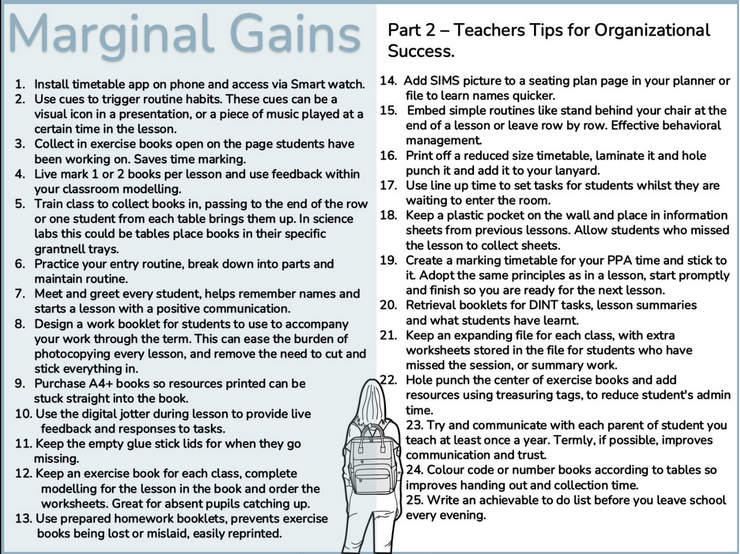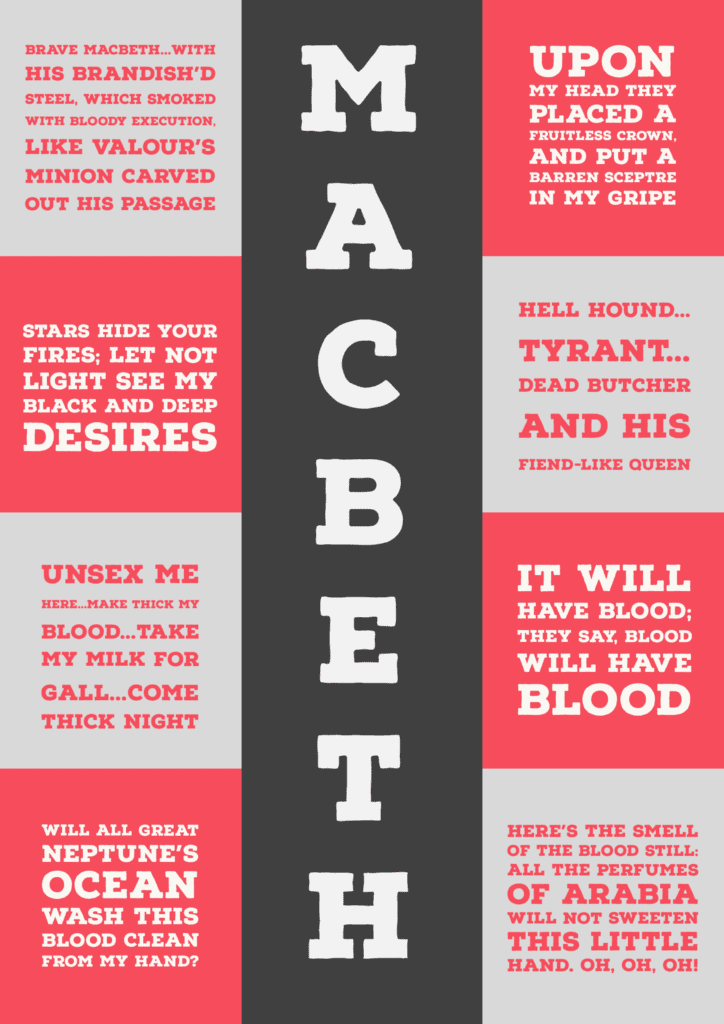Another big TOT this week. Feel like I’m getting back into the swing of it : )
Enjoy!
If you’d like to support Teacher Ollie’s Takeaways and the Education Research Reading Room podcast, please check out the ERRR Patreon page to explore this option. Any donation, even $1 per month, is greatly appreciated.
(all past TOTs here), sign up to get these articles emailed to you each week here.
Timeline of Learning Theories, via @myBRAIN_isOPEN (ht @PepsMccrea)
No timeline can cover every important learning theory but this is a pretty good attempt. And it looks great too! How many of these learning theories have you heard of? How many could you explain to a friend or colleague? Explore below.
This is epic. And beautiful.
? Learning theories timeline: 50 key ideas from educational psychology by @myBRAIN_isOPENhttps://t.co/vRk8HGVXxK pic.twitter.com/ApNMBex12P
— Peps Mccrea (@PepsMccrea) September 15, 2021
Advice for new Heads of Department (Science in particular), via @HoDSciSci
I particularly liked this one!
When I became Head of Science I wish I had realised the importance of developing my staff as teachers. I focused on curriculum development and all of the tasks SLT required me to complete. What would have really made my department excel is if I had spent time preparing high quality, researched based CPD to allow every member of the department, myself included, to become the best teacher they could be. I now see this as one of the key parts of my role.
New BLOG: @HoDSciSci advice to new HoDs. Here some of our #staffroom members share gems of advice they wish they had know when the first became Heads of Department. @cogscisci https://t.co/Pp1sEX1aSB
— HoDSciSci (@HoDSciSci) September 19, 2021
Update of the EEF’s Teaching and Learning Toolkit, via @EducEndowFoundn (ht @ProfCoe)
You can see the updated version of the toolkit here.
They’ve also released an accompanying video to explain here.
Here’s Prof Rob Coe’s summary of the video:
The guidance is spot on:
1. Look beyond the headlines
2. Think about cost and evidence as well as impact
3. Draw on your professional expertise
‘Best bets’ not prescriptions
Supports judgement, does not replace it
Encourage student help seeking by formalising and normalising it, via @profbohns (ht @DTWillingham)
In this very brief article, Vanessa Bohns tells of how she encourages students to visit her during office hours by making it a requirement that each student visits her at least once during the semester.
Nice brief piece on the need to address *why* students don't seek help, via @profbohns https://t.co/l8AmgYnFT4 @angeladuckw
— Daniel Willingham (@DTWillingham) September 19, 2021
A new proposed definition of mindset, via @mpershan
Here’s how MindsetWorks defines it:
When students believe they can get smarter, they understand that effort makes them stronger. Therefore they put in extra time and effort, and that leads to higher achievement.
Here’s Pershan’s alternative:
When students have a tendency to explain their successes or failures in terms of their efforts, they tend to work harder. Therefore they put in extra time and effort, and that leads to higher achievement.
I like it!
Read the rationale behind Michael’s proposal via the link below. And listen to my podcast discussion with Pershan on worked examples here.
New post, the most popular definitions of mindset are that it's a kind of belief, but it makes more sense to me to think of it as a tendency to explain things in a certain way. https://t.co/TC3ADL99IW
— Michael Pershan (@mpershan) September 15, 2021
25 time saving tips for teachers, via @PEgeekscorner (ht @Carousel_Learn)
Some really great tips here. Many I hadn’t thought of. I particularly like tip #3!
Original tweet below:
Marginal gains, 25 top tips from teacher to teachers. Little organisational hacks that could make the difference in the classroom. How to save time, maximise learning opportunities with brilliant tips from a range of brilliant educators. @MrLPeachey @SFL2326 @RogersHistory pic.twitter.com/IKizca9mQl
— Zeph Bennett (@PEgeekscorner) September 13, 2021
Posters for the literature classroom (Macbeth, WHW, Creative Writing, Non-fiction Writing), via @__codexterous
Here’s an example!
? NEW POST! ?
I’ve shared a lot of literature-based posters recently so wanted to gather all of them in one place.
Find stuff on:
✅ Macbeth
✅ WHW
✅ Creative writing
✅ Non Fiction WritingUse however you’d like! https://t.co/wRVQ8wKxun
— Andy (@__codexterous) September 19, 2021
Resources for students and teachers of Shakespeare, via @sccenglish
Resources for teachers and students of Shakespeare:
Books: https://t.co/uKkSzscB7D
Hamlet: https://t.co/QH5mQ0QRYW
Macbeth: https://t.co/Gfdolnrice
King Lear: https://t.co/EutId0hcDu
Othello: https://t.co/bG1Wx3UFZe [more on the way] pic.twitter.com/iIyEkckiUQ
— SCC English (@sccenglish) September 17, 2021
Maths teaching: Maybe you don’t need a new worksheet, maybe you can just upgrade an existing one? Via @mathsjem
New post: Worksheet Upgrades
Some thoughts on simple tweaks to add more challenge to tasks, plus a couple of resource tips for new teachers.https://t.co/73aSdtsRl3#teammaths #mathsgems #mathschat pic.twitter.com/fA0LHlDmrr
— Jo Morgan (@mathsjem) September 18, 2021
How much free time is the right amount? Via @AdamMGrant (ht @tomacain)
Being too busy can make us unhappy, but so can being too idle.
New data: life satisfaction in the U.S. peaks at ~2-5hrs of free time per day.
Time poverty fuels stress and burnout. Time abundance undermines purpose and progress.
The sweet spot is time affluence: having enough. pic.twitter.com/fBPx2AxZwS
— Adam Grant (@AdamMGrant) September 12, 2021
For parents: School holiday ideas from a happiness expert, via @rellypops
Very brief article with great little tips and ideas. Very worth a quick squiz at : )
Just for Fun: What do you call someone from Indiana? US Demonym map, via @simongerman600 (ht @brynhumberstone)
Demonym map of the US tells us what the residents of each state are called. A few surprises are in here. For example if you are from Indiana you are a Hoosier (not an Indianite or an Indiananian). Source: https://t.co/d1mtQ136jo pic.twitter.com/BqaqLIYxyC
— Simon Kuestenmacher (@simongerman600) September 15, 2021
Just for Fun: The avocado test, via @NewYorker (ht @ariel_kalil)
The avocado test.
(@NewYorker by Meredith Southard) pic.twitter.com/rAE86Zx2u3
— Ariel Kalil (@ariel_kalil) September 17, 2021

